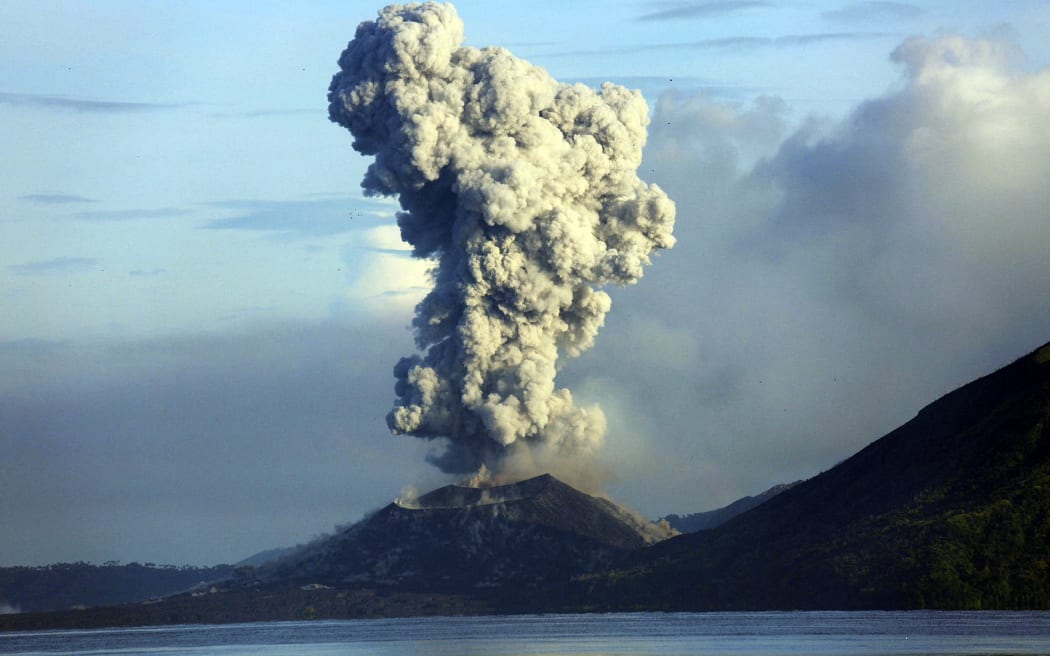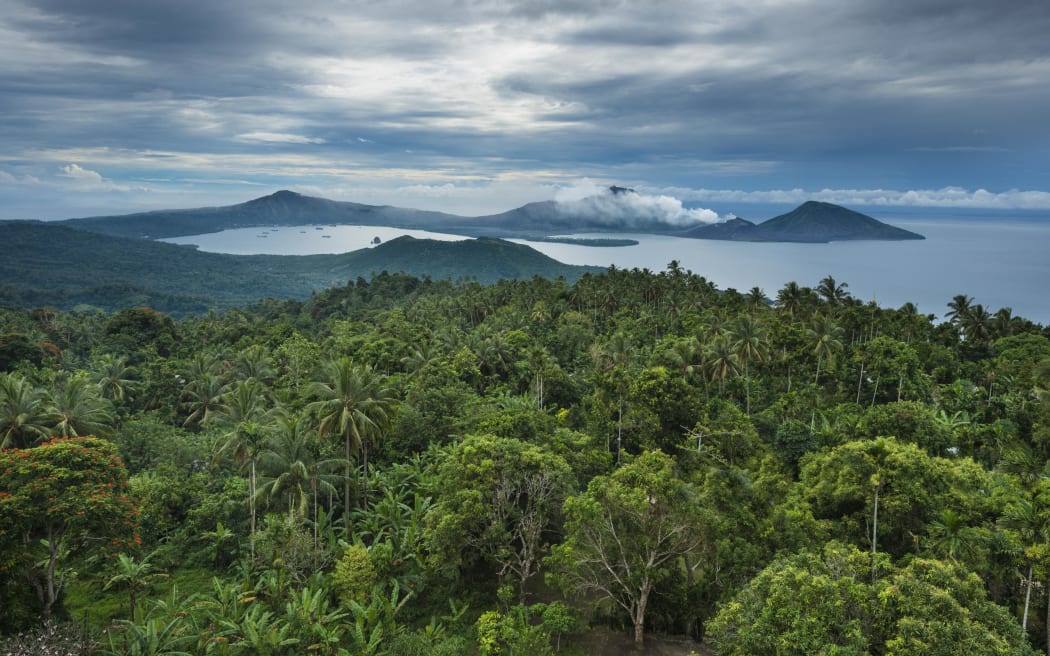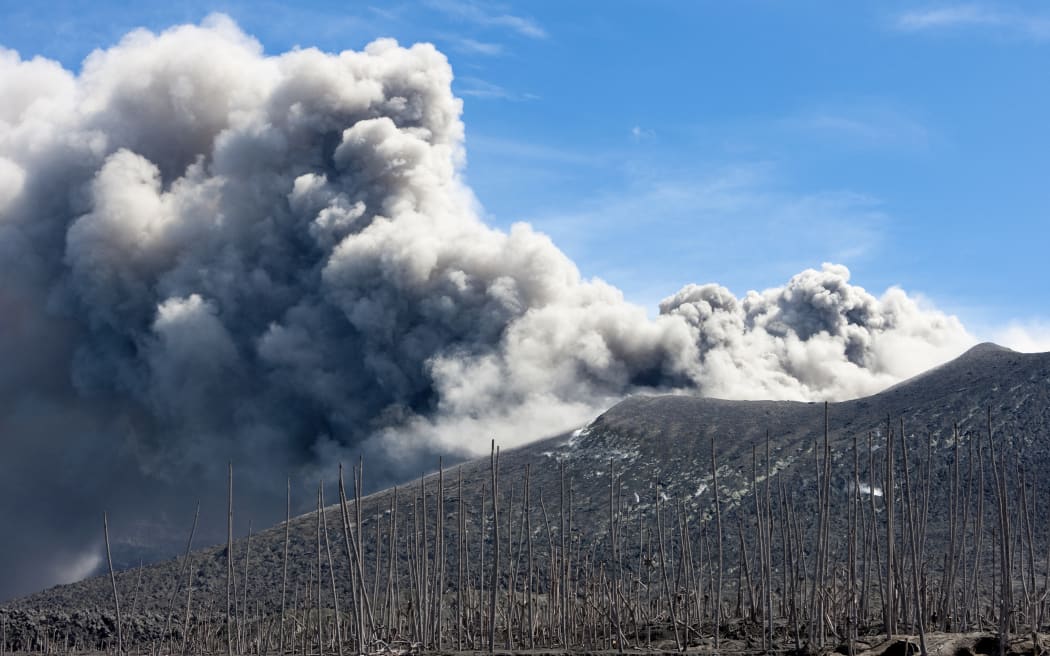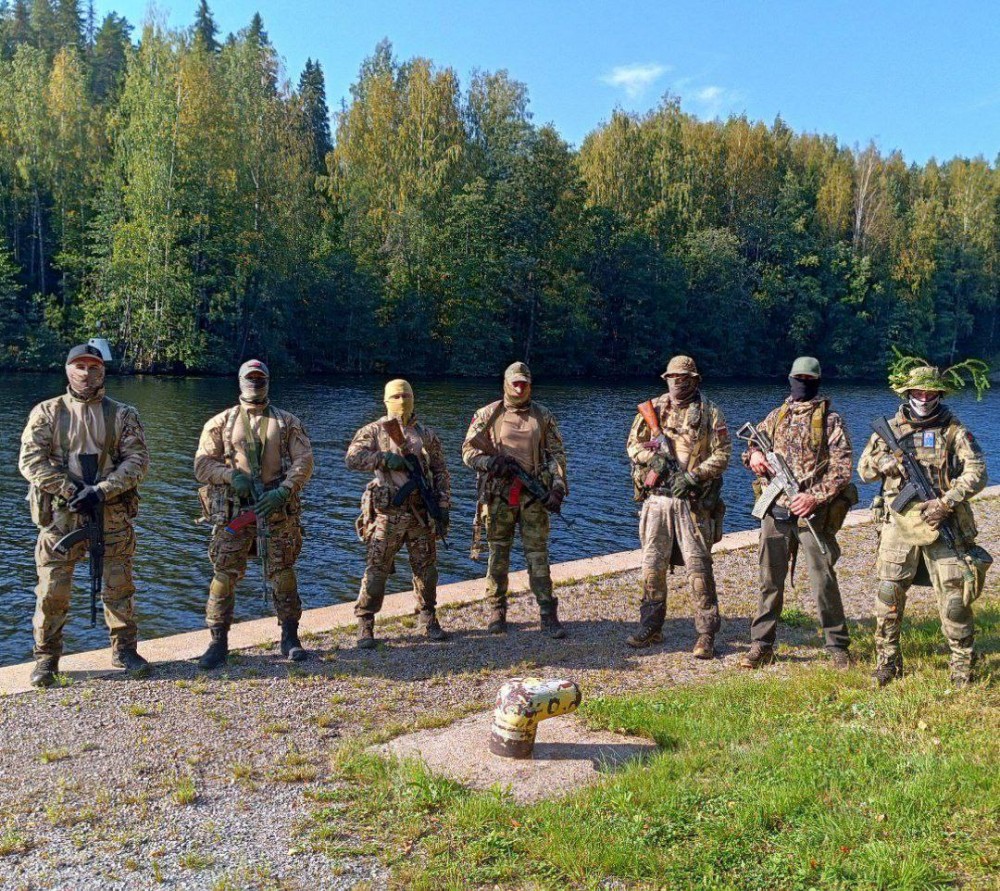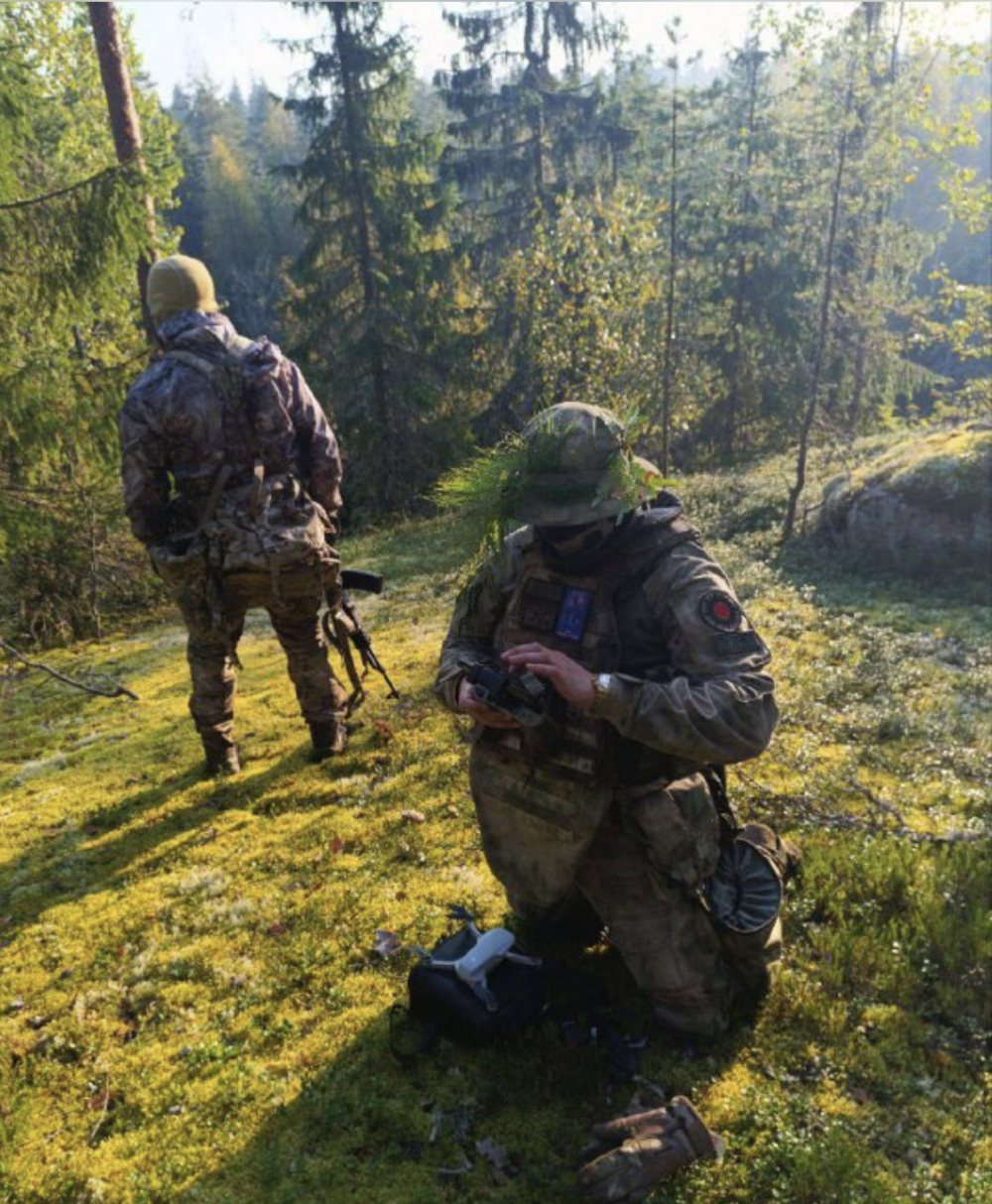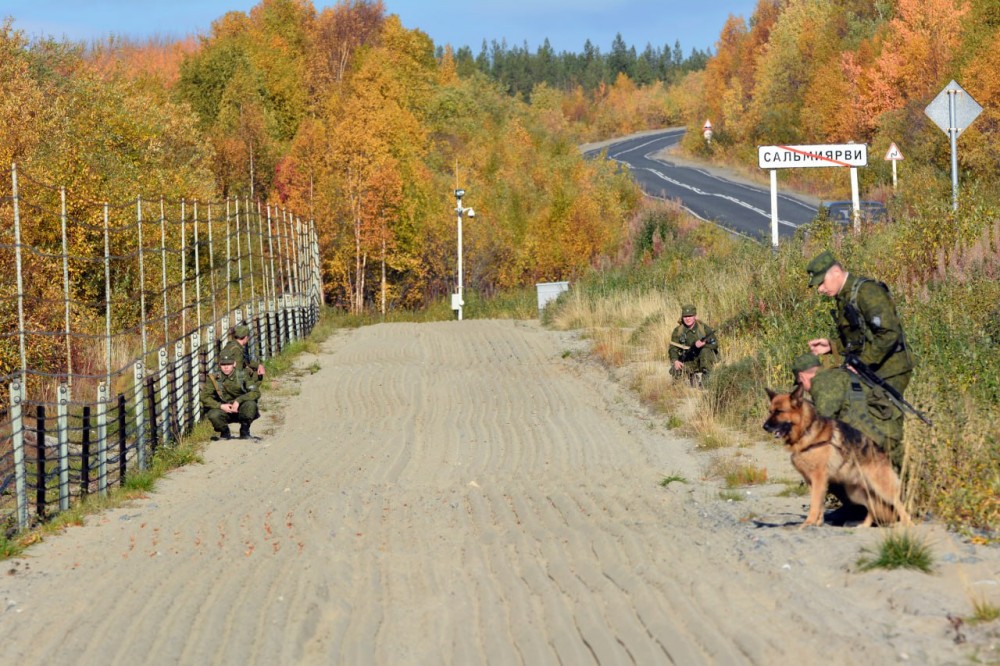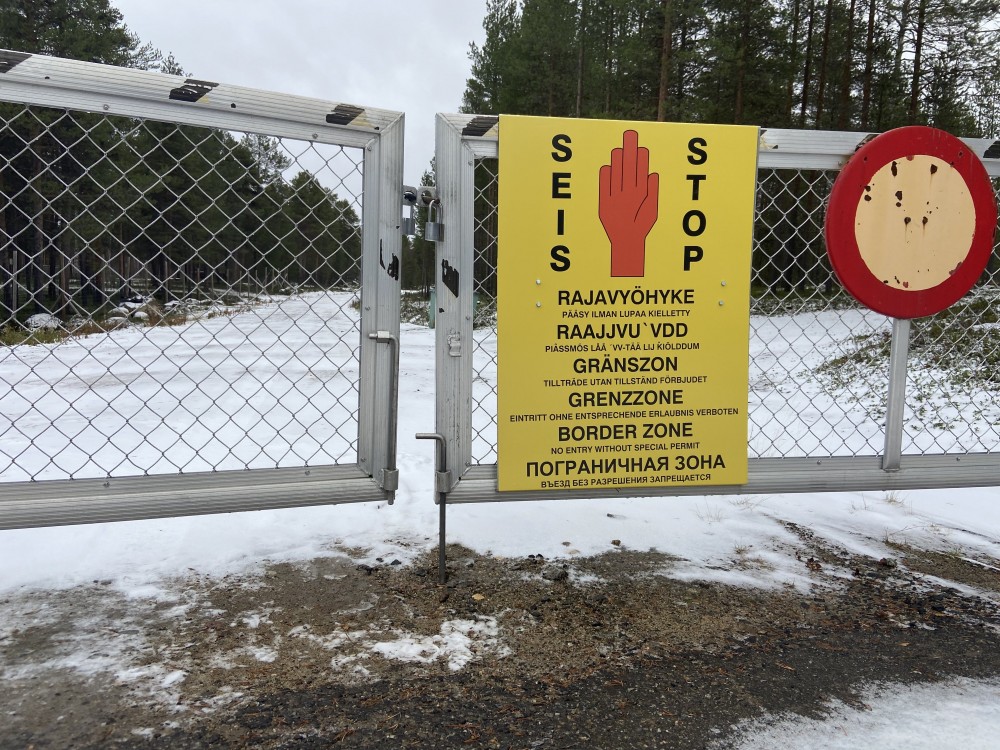Portland (AFP) – In his first day at Boeing, Kelly Ortberg visited the factory floor to speak with workers on the 737 MAX program, part of the new CEO's effort to "reset" labor relations.
Issued on: 20/09/2024

Striking Boeing workers hold rally at the Boeing Portland Facility on September 19, 2024 © Jordan Gale / AFP
But as a strike of Boeing's 33,000 Seattle-area workers enters its second week, Ortberg is quickly discovering the challenges involved in realizing that goal.
Members of the International Association of Machinists and Aerospace Workers District 751 voted overwhelmingly on September 12 to reject a new contract, walking out hours later in a stoppage that has shuttered assembly plants for the 737 MAX and 777.
Chief among the workers demands is a wage hike of 40 percent, much above the 25 percent increase touted by Boeing, a figure workers view as misleading because the deal would also eliminate an annual bonus.
Union members complain of more than a decade of near stagnant pay, a problem exacerbated by the consumer inflation of recent years and by the elevated living costs in the Seattle region, a growing tech hub.
The union also wants Boeing to reinstate a pension and strengthen a pledge to build the next new plane in the Puget Sound region beyond the four-year life of the contract.
Ortberg "was in a tough position coming in," Jon Holden, head of the IAM's Seattle district, told reporters at a September 12 news conference.
The strike isn't a reflection of "(Ortberg) or the relationship," Holden said.
"It's really what has happened to our members at the Boeing company by leadership of this company for close to 20 years."
Hard bargain
During the 2008 strike -- which was the IAM's fourth stoppage in less than 20 years -- then-CEO James McNerney argued that strikes were undermining Boeing's reputation for reliability as he touted the rise of southern US states as manufacturing hubs.
But as a strike of Boeing's 33,000 Seattle-area workers enters its second week, Ortberg is quickly discovering the challenges involved in realizing that goal.
Members of the International Association of Machinists and Aerospace Workers District 751 voted overwhelmingly on September 12 to reject a new contract, walking out hours later in a stoppage that has shuttered assembly plants for the 737 MAX and 777.
Chief among the workers demands is a wage hike of 40 percent, much above the 25 percent increase touted by Boeing, a figure workers view as misleading because the deal would also eliminate an annual bonus.
Union members complain of more than a decade of near stagnant pay, a problem exacerbated by the consumer inflation of recent years and by the elevated living costs in the Seattle region, a growing tech hub.
The union also wants Boeing to reinstate a pension and strengthen a pledge to build the next new plane in the Puget Sound region beyond the four-year life of the contract.
Ortberg "was in a tough position coming in," Jon Holden, head of the IAM's Seattle district, told reporters at a September 12 news conference.
The strike isn't a reflection of "(Ortberg) or the relationship," Holden said.
"It's really what has happened to our members at the Boeing company by leadership of this company for close to 20 years."
Hard bargain
During the 2008 strike -- which was the IAM's fourth stoppage in less than 20 years -- then-CEO James McNerney argued that strikes were undermining Boeing's reputation for reliability as he touted the rise of southern US states as manufacturing hubs.

Striking Boeing workers hold rally at the Boeing Portland Facility on September 19, 2024, in Portland, Oregon © Jordan GALE / AFP
After the 57-day strike ended, McNerney took moves that weakened the Seattle union's leverage.
He announced plans to base a manufacturing line for its new Dreamliner 787 in Charleston, South Carolina, committing to adding 3,800 jobs in the southern state within seven years.
In 2011 and 2014, a profitable stretch for Boeing in which it paid shareholder dividends and compensated McNerney and other executives with millions in pay, Boeing reached contract extensions with meager pay hikes for line workers.
These deals involved an uneasy truce in which workers agreed not to strike in exchange for Boeing committing to build new aircraft in the Seattle region.
The fight over the 2014 contract was particularly bruising, with a sharply divided union voting 51-49 percent in favor of a deal that included a $10,000 signing bonus but eliminated the pension.
Boeing pledged to build the new 777X in Everett, a move that solidified the job base for decades to come. Boeing also dropped a plan to move outside Seattle.
Turnaround takes time
Since the strike began, Boeing officials have signaled they hope for a quick resolution. But on Wednesday, the company announced it would start furloughs of professional and white-collar staff as it seeks to conserve cash.
The union, meanwhile, said the two sides made "no meaningful progress" after two days of talks with federal mediators, adding that "there are no additional dates scheduled."
Boeing watchers expect the company to raise its offer.
"They (Boeing) have to take another financial hit and try to rebuild their reputation and develop a better reputation with the workforce," said Leon Grunberg, co-author of two books on Boeing's workplace relations.
"It's possible to create a better relationship, but it's going to take a lot of hard work," said Grunberg, an emeritus professor at the University of Puget Sound.
Staff turnover means Boeing has lost a lot of skilled, seasoned workers.
But the upside is that there are more young staff less familiar with past battles who have a more "transactional" approach, Grunberg said.
"Boeing is going to have to raise its offer and the workers are going to have to lower their expectations," said Cornell University labor relations expert Harry Katz.
Katz said Boeing's long-term prospects are "very solid" because it is part of a duopoly with Airbus, though it faces long-term financial stress.
Boeing could introduce more participatory programs that create a sense of teamwork among the staff.
"It takes time for people to believe they really want to change," Katz said.
© 2024 AFP
After the 57-day strike ended, McNerney took moves that weakened the Seattle union's leverage.
He announced plans to base a manufacturing line for its new Dreamliner 787 in Charleston, South Carolina, committing to adding 3,800 jobs in the southern state within seven years.
In 2011 and 2014, a profitable stretch for Boeing in which it paid shareholder dividends and compensated McNerney and other executives with millions in pay, Boeing reached contract extensions with meager pay hikes for line workers.
These deals involved an uneasy truce in which workers agreed not to strike in exchange for Boeing committing to build new aircraft in the Seattle region.
The fight over the 2014 contract was particularly bruising, with a sharply divided union voting 51-49 percent in favor of a deal that included a $10,000 signing bonus but eliminated the pension.
Boeing pledged to build the new 777X in Everett, a move that solidified the job base for decades to come. Boeing also dropped a plan to move outside Seattle.
Turnaround takes time
Since the strike began, Boeing officials have signaled they hope for a quick resolution. But on Wednesday, the company announced it would start furloughs of professional and white-collar staff as it seeks to conserve cash.
The union, meanwhile, said the two sides made "no meaningful progress" after two days of talks with federal mediators, adding that "there are no additional dates scheduled."
Boeing watchers expect the company to raise its offer.
"They (Boeing) have to take another financial hit and try to rebuild their reputation and develop a better reputation with the workforce," said Leon Grunberg, co-author of two books on Boeing's workplace relations.
"It's possible to create a better relationship, but it's going to take a lot of hard work," said Grunberg, an emeritus professor at the University of Puget Sound.
Staff turnover means Boeing has lost a lot of skilled, seasoned workers.
But the upside is that there are more young staff less familiar with past battles who have a more "transactional" approach, Grunberg said.
"Boeing is going to have to raise its offer and the workers are going to have to lower their expectations," said Cornell University labor relations expert Harry Katz.
Katz said Boeing's long-term prospects are "very solid" because it is part of a duopoly with Airbus, though it faces long-term financial stress.
Boeing could introduce more participatory programs that create a sense of teamwork among the staff.
"It takes time for people to believe they really want to change," Katz said.
© 2024 AFP






